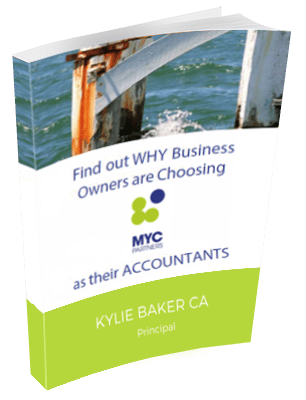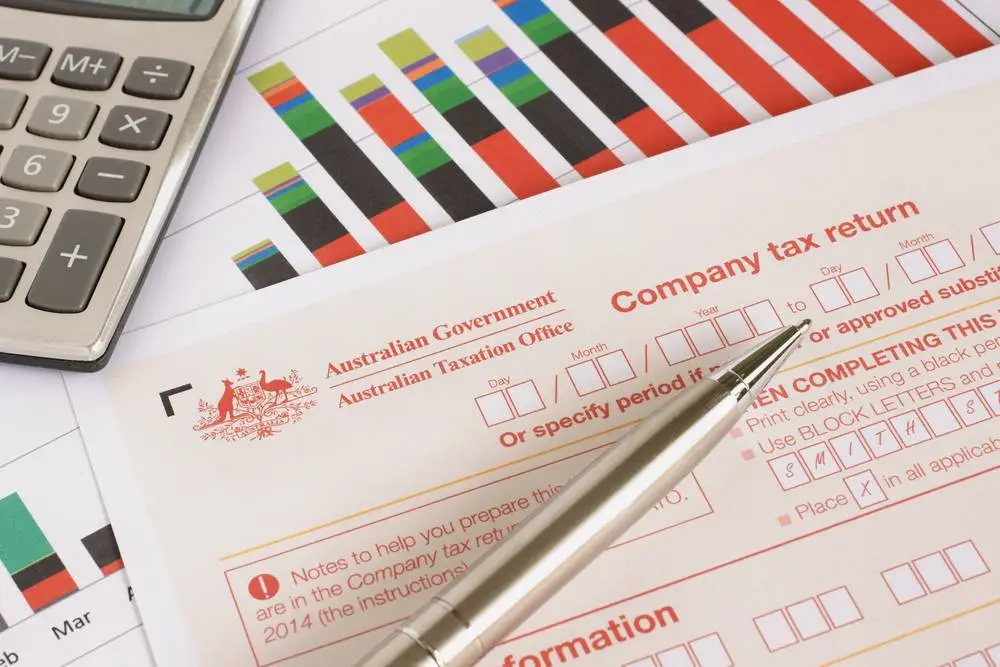
Owning an investment property can be a fantastic way to build wealth and secure your financial future. However, the complexities of tax on investment properties can quickly become confusing. As a Central Coast accountant deeply familiar with the complex issues of property taxation in Australia, I’ve witnessed firsthand how the intricacies of negative gearing and capital gains tax can cloud the financial clarity of owning an investment property.
Knowledge of these critical tax components is not just beneficial – it’s essential for safeguarding your wealth and ensuring your investment strategy is secure and profitable.
Ready to tackle the complexities of tax on investment properties and find out how to optimise your real estate investments? Let’s look into the details together and pave the way for smarter, more informed investment decisions.
What Is Negative Gearing?
The term “negative gearing” is likely familiar, but what exactly does it actually entail?
It occurs when your property’s expenses (loan interest, council rates, depreciation, etc.) surpass your rental income. While this might seem financially undesirable, there’s a silver lining: these losses can be used to offset your other taxable income, potentially lowering your overall tax bill.
Imagine an investor experiencing a $20,000 loss due to expenses exceeding rental property income. Driven primarily by interest payments and other deductible expenses, this loss can be deducted from their salary or wage income, reducing their taxable income from $70,000 to $50,000. This scenario highlights the immediate tax relief offered by negative gearing and its impact on a broader financial strategy.
However, investors must tread carefully amid recent market fluctuations and interest rate adjustments. The benefits of negative gearing can become a double-edged sword if not paired with comprehensive financial planning.
While the tax advantages are attractive, they necessitate careful consideration and strategic management, aiming to leverage short-term benefits for potential long-term property value appreciation.
Risks Of Negative Gearing On Investment Properties
Implementing negative gearing effectively requires a deep understanding of your financial landscape and goals. Beyond the appeal of tax deductions lies the reality of ongoing financial commitments.
Here are some important considerations:
- Interest Rate Fluctuations: Investors who secured low-interest rates years ago might now face significant increases, drastically altering the cost-benefit analysis. One investor saw their monthly mortgage payment jump by thousands, pushing their finances into a precarious position as rental income couldn’t cover the new, higher repayments.
- Market Conditions: Remaining vigilant about market conditions, interest rate trends, and legislative changes that could affect the viability of a negatively geared investment is imperative.
Consulting a tax professional can clarify the implications of negative gearing, offering insights tailored to your individual investment goals.
Capital Gains Tax: A Closer Look
Selling your investment property can be a joyous occasion, but capital gains tax (CGT) is one hurdle to consider. This tax applies to the profit you make from the sale, calculated as the difference between your selling price and your original purchase price (plus any costs associated with buying and selling).
Unlike income tax, CGT isn’t calculated separately – it’s added to your taxable income for the year you sell. It is very important to plan ahead as this can bump you into a higher tax bracket.
The key takeaway here?
ATO considers the sale finalised the moment you exchange contracts, not settlement. So, seeking expert advice before that critical step can make a big difference.
Double the Gain, Halved the Tax
Here’s a sweet perk:
If you hold onto your investment for over a year, you automatically get a 50% discount on your capital gains tax!
That’s right, holding power pays off.
Remember, this is just a general overview, and there are ways to potentially minimise your capital gains tax liability with the help of a qualified accountant. But be warned – steer clear of any “loopholes” that sound too good to be true. Responsible tax planning and ethical strategies are the way to go.
Why an Accountant is Your Property Investment Ally
Let’s be honest: Trying to understand tax law can feel like deciphering hieroglyphics.
Consulting a qualified accountant is your best bet for crafting a personalised tax strategy that maximises your returns and minimises your liabilities. We can help you understand negative gearing implications, optimise depreciation deductions, and plan for CGT effectively.
Remember, even selling your primary residence can have tax implications, so it’s always wise to chat with your accountant before making any major financial decisions.
Key Takeaways: Investment Property Tax
- Plan ahead: Don’t leave tax considerations to the last minute. Consult an accountant before exchanging contracts.
- Negative Gearing: It can be valuable, but understand the risks and do your sums carefully. Consider alternative risk management strategies, like diversification or focusing on positively geared properties.
- Capital Gains Tax: Holding your rental property for over a year gets you a 50% discount! Seek professional advice for potential minimisation strategies within the legal and ethical framework. Remember, responsible planning is key.
- Seek Expert Guidance: An accountant is your investment ally, helping you make sense of the tax code and maximise your financial gains.
Conclusion: Maximise Your Investment Property’s Potential
Investment property tax laws can be complex, but understanding and strategically applying tax laws can turn potential challenges into advantages. Whether you’re worried about negative gearing or capital gains tax or you’re seeking optimal long-term strategies, the right professional advice can make a significant difference. Responsible investment practices and ethical strategies are fundamental to building a sustainable and successful investment portfolio.
Bonus Tip: Stay informed! This blog is for informational purposes only and does not constitute financial advice. The Australian Taxation Office (ATO) website is a valuable resource for tax information specific to investment properties and capital gains tax. Remember, the ATO website does not provide personalised advice, so always consult a tax expert for your specific situation.
Ready to unlock the full potential of your investment properties and navigate the tax landscape with confidence? Schedule a consultation with MYC Partners Accountants today!







